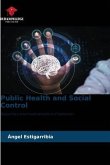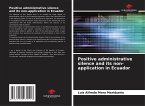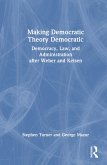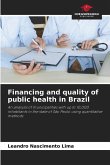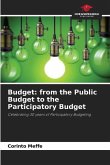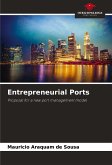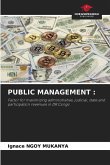Participatory management and active social control is a recent phenomenon in Brazil, and in the area of health, there have been many demands, struggles and protests in search of an efficient and universal public health system. The promulgation of the Federal Constitution of 1988 (CF/88) brought many changes in the social sphere, such as the creation of spaces for popular participation, which broadened public management decisions, with a view to guaranteeing and realizing the exercise of citizenship through social control, through the power exercised by society over the state, by controlling its actions. In health, one of the forms of social control is exercised by the Municipal Health Councils (CMS). The aim of this study was therefore to investigate the perception of health councillors in the municipality of Uiraúna/PB about their role in social control of the SUS at local level. The methodology used was qualitative research using semi-structured questionnaires applied to full councillors.
Bitte wählen Sie Ihr Anliegen aus.
Rechnungen
Retourenschein anfordern
Bestellstatus
Storno


